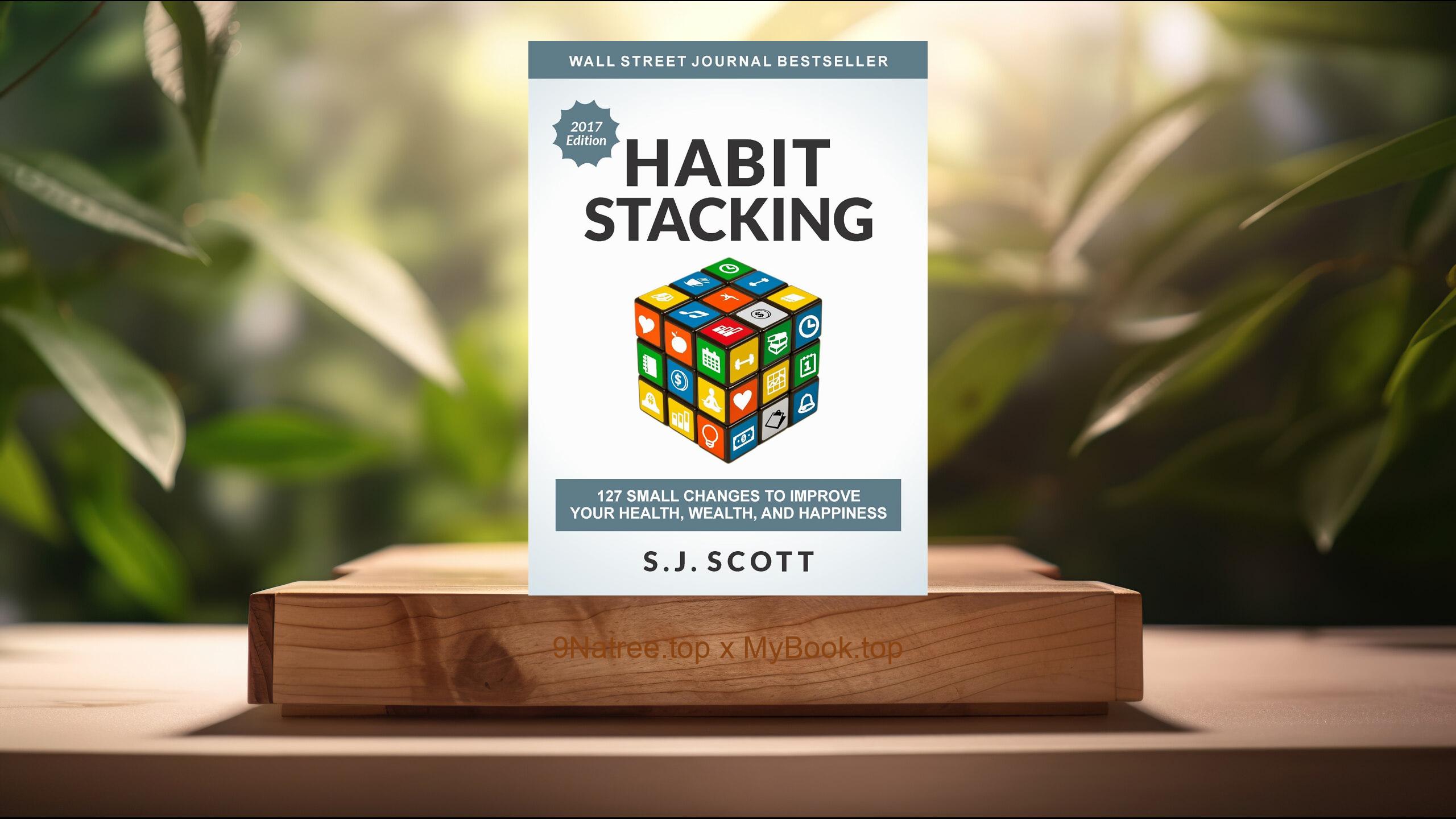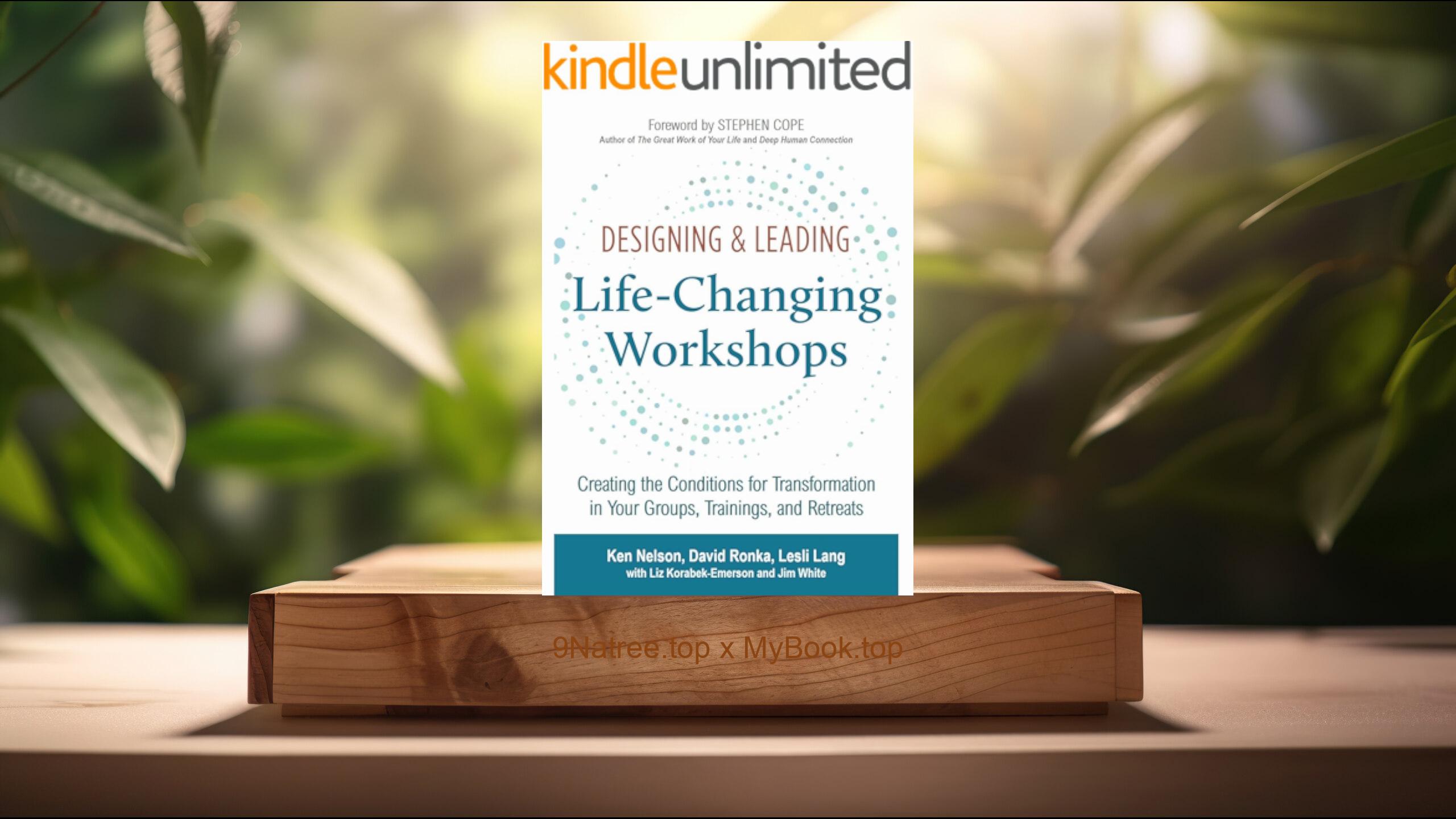Show Notes
- Amazon US Store: https://www.amazon.com/dp/B07TS261X7?tag=9natree-20
- Amazon Worldwide Store: https://global.buys.trade/The-Incredible-Unlikeliness-of-Being-Evolution-and-the-Making-of-Us-Alice-Roberts.html
- Apple Books: https://books.apple.com/us/audiobook/the-incredible-unlikeliness-of-being-evolution-and/id1695169261?itsct=books_box_link&itscg=30200&ls=1&at=1001l3bAw&ct=9natree
- eBay: https://www.ebay.com/sch/i.html?_nkw=The+Incredible+Unlikeliness+of+Being+Evolution+and+the+Making+of+Us+Alice+Roberts+&mkcid=1&mkrid=711-53200-19255-0&siteid=0&campid=5339060787&customid=9natree&toolid=10001&mkevt=1
- Read more: https://mybook.top/read/B07TS261X7/
#HumanEvolution #AnatomyandPhysiology #Genetics #EvolutionaryPsychology #AliceRoberts #TheIncredibleUnlikelinessofBeing
These are takeaways from this book.
Firstly, Human Evolutionary History, Alice Roberts' exploration of human evolutionary history serves as a central theme in 'The Incredible Unlikeliness of Being.' She traces the lineage of Homo sapiens back millions of years, delving into how natural selection, genetic drift, and environmental pressures sculpted our ancestors and, by extension, us. This exploration is not merely about where we came from but emphasizes the nuances and contingencies that influenced our evolutionary path. Each chapter dissected evolutionary phases, highlighting critical junctures where slight genetic variations or environmental changes had profound effects on human development. Through this meticulous examination, Roberts illustrates that our journey was not linear or inevitable but filled with unexpected turns and remarkable adaptations, reinforcing the 'unlikeliness' of our being.
Secondly, Anatomy and Physiology, Roberts delves deep into the intricacies of human anatomy and physiology, providing insights into how our bodies are a living record of our evolutionary past. She examines various aspects, from the structure of our hands to the complexity of our brains, and explains how these have been shaped by the demands of survival and reproduction. Roberts uses comparative anatomy to highlight similarities and differences between humans and other species, shedding light on our place in the natural world. This discussion is not only illustrative of evolution's power but also showcases the human body's remarkable adaptability and resilience. Through this lens, readers gain a deeper appreciation for the subtle yet profound ways in which millennia of evolutionary pressures have crafted every aspect of our physiology.
Thirdly, Genetics and Heredity, In tackling the subject of genetics and heredity, Alice Roberts offers an insightful look into the molecular underpinnings of human evolution. This segment of the book elucidates how DNA and genetic inheritance have played pivotal roles in shaping the human species. Roberts simplifies complex genetic concepts, such as mutations, genetic drift, and gene flow, making them accessible to non-specialists. She further explores the human genome project's findings, highlighting how genetic markers have been used to trace human ancestry and migration patterns. By weaving together genetics and evolutionary biology, Roberts underscores the interconnectedness of all life on Earth and provides a compelling narrative on the shared ancestry of humanity, emphasizing once again the serendipitous nature of our existence.
Fourthly, Evolutionary Psychology and Behavior, Roberts ventures into the realm of evolutionary psychology and behavior, examining how the human mind and societal structures have evolved. This section considers how natural selection has not only influenced our physical form but also our cognitive faculties and behaviors. Topics such as the development of language, social bonding, and even the evolution of religion are explored to understand how evolutionary pressures have shaped human culture and psyche. Roberts suggests that many aspects of human society, from our tendency to form complex social networks to our capacity for empathy and cooperation, can be traced back to evolutionary adaptations. This provides a unique perspective on the origins of human culture and social behavior, emphasizing the deep ties between our biological heritage and our psychological and social complexity.
Lastly, The Future of Human Evolution, In contemplating the future of human evolution, Alice Roberts discusses the potential directions our species might take in the coming millennia. This forward-looking analysis considers the impact of technology, medicine, and culture on the evolutionary process. Roberts speculates on how advances in genetic engineering and artificial intelligence may influence human biology and society. She also addresses the ethical implications of potential future advancements, urging a thoughtful consideration of how we shape our evolutionary trajectory. This chapter not only demonstrates the ongoing nature of evolution but also invites readers to ponder the responsibilities that come with our increasing ability to influence it. By concluding with a reflection on the future, Roberts reinforces the idea that evolution is an unending process, and humanity’s role in it is both significant and uncertain.
![[Review] The Incredible Unlikeliness of Being: Evolution and the Making of Us (Alice Roberts) Summarized](https://episodes.castos.com/660078c6833215-59505987/images/1867986/c1a-085k3-v6zwp907hnkv-38rbzo.jpg)




